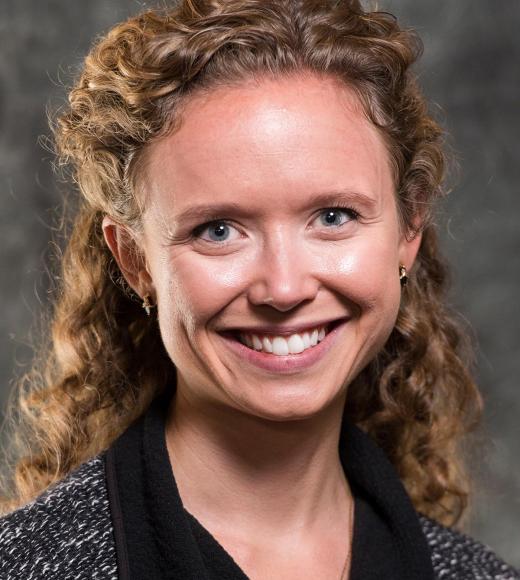
Position Title
Oregon State University
Dr. Kelsey A. Stoerzinger
Abstract
Electrocatalytic reduction of nitrate: insight from manipulating adsorbate affinity
Fertilizer use and fossil-fuel combustion have increased nitrate concentrations in many wastewaters and watersheds to levels that threaten environmental and human health. Consequently, the treatment of nitrate-contaminated water is a growing area of energy consumption. Electrocatalytic nitrate reduction offers a distributable treatment solution also capable of producing value-added products (e.g. ammonium), using electrons as a reducing agent at ambient temperatures and pressures. However, nitrate reduction occurs at similar electrochemical potentials to water reduction, reducing the Faradaic efficiency particularly in dilute nitrate concentrations characteristic of wastewater. Here we consider how changing a catalysts’ affinity for nitrate (via oxide supports) or its relative affinity for protons (via electronic structure) impacts the activity and selectivity of the electrochemical nitrate reduction reaction in neutral media.
Biography
Dr. Kelsey A. Stoerzinger is an Assistant Professor in the School of Chemical, Biological and Environmental Engineering at Oregon State University. She holds a joint appointment at Pacific Northwest National Laboratory, where she was a Linus Pauling Distinguished Postdoctoral Fellow. Kelsey completed her doctoral studies in Materials Science and Engineering from the Massachusetts Institute of Technology, supported by a National Science Foundation Graduate Research Fellowship. She received an M.Phil. in Physics from the University of Cambridge as a Churchill Scholar and a B.S. from Northwestern University. Prof. Stoerzinger is a recipient of the NSF CAREER Award and the Doctoral New Investigator Award of the ACS-PRF, in addition to recognition for her contributions as a teacher and advisor